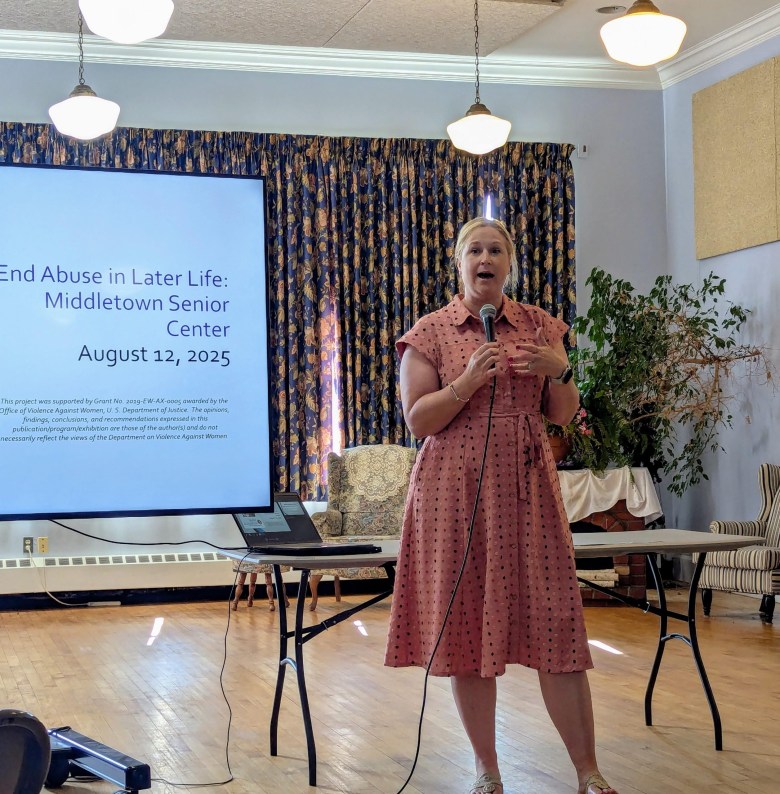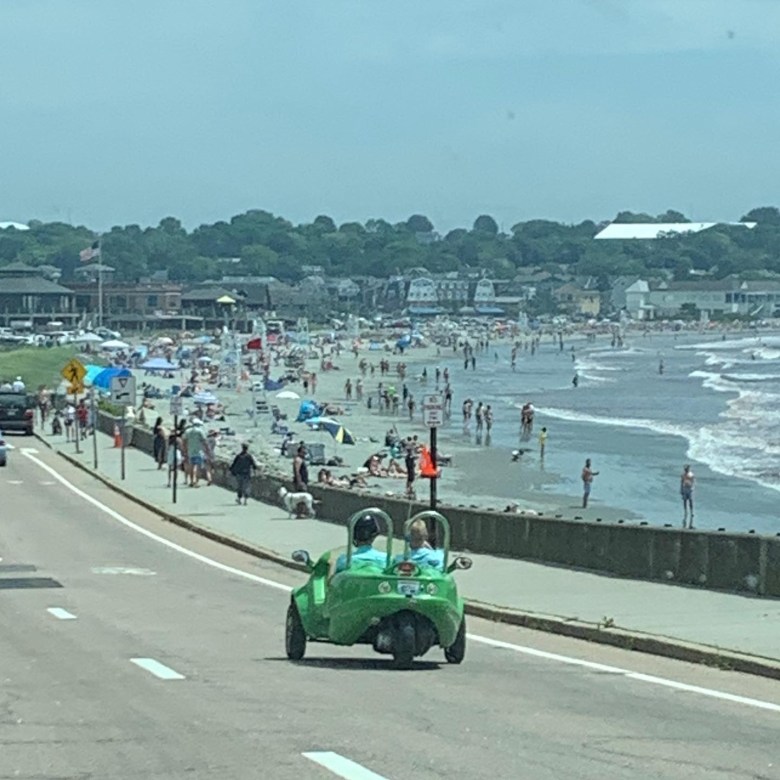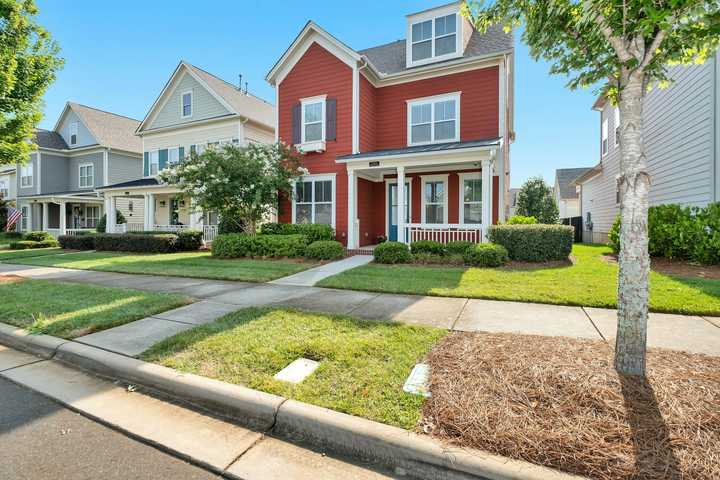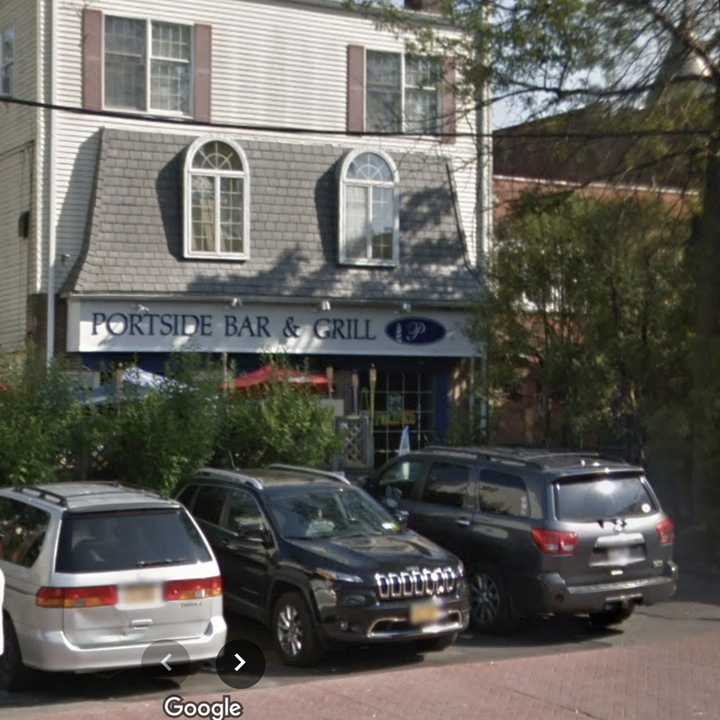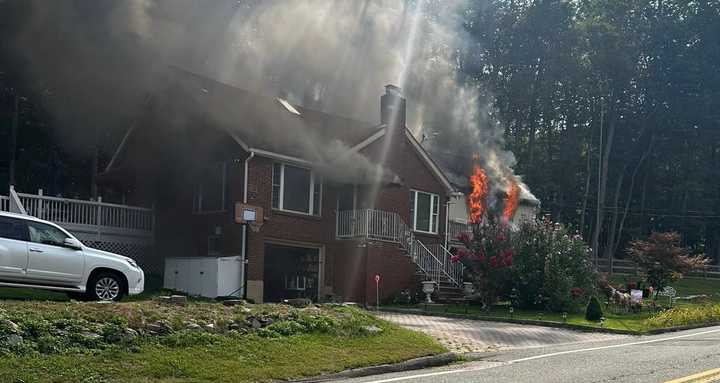Elder abuse is a quiet pandemic that has brought together a strong coalition of groups committed to increasing awareness and promoting action.
In front of a large crowd at the Middletown Senior Center earlier this week, representatives from the Rhode Island Office of the Attorney General Elder Abuse Unit, the Rhode Island State Long-Term Care Ombudsman Office, the Rhode Island Coalition for Elder Justice (RICEJ), the Senior Agenda Coalition of RI (SACRI), and St. Elizabeth Haven for Elder Justice convened as part of a number of separate educational events occurring throughout the state. Although each group has a different approach to helping older persons, taken as a whole, they provide a thorough resource for knowing who to contact and where to go if you or someone you love is suspected of being abused.
These meetings contribute to the development of elder justice in Rhode Island and are not only educational. SACRI’s Executive Director, Carol Anne Costa, pointed out that by hearing these concerns in various contexts, SACRI is able to create effective laws and policies. We do that, and in the end, these occasions are essential to the success of legislation.
Mickela Driscoll, the Rhode Island Office of the Attorney General’s Elder Abuse Investigator, provided the following legal explanation:
Power and influence over a person constitute elder abuse. Assaulting someone who is 60 years of age or older is a felony; assaulting someone under that age is a simple assault. The number of sexual assaults is rising. The person is frequently known to the offender. There are instances of psychological abuse, and these abuses frequently occur together. Self-neglect must be reported because it is also abuse. A growing number of cases involving financial exploitation involve children and grandkids.
According to Cheryl Patnaude, a former Elder Justice Advocate with St. Elizabeth Safe Haven for Elder Justice, elder abuse is a secret epidemic.
Fear keeps people from reporting. We don’t discuss it. It’s unpleasant to discuss. It occurs more often than is stated. Most of it takes place at home.
A serious and expanding issue is underreporting. The Rhode Island Office of Healthy Aging (OHA) reports that 1,531 investigations into allegations of elder abuse were conducted in 2023. According to OHA estimates, the number of events may be closer to 15,000 when you take into account that only one out of ten cases are thought to be reported. Abuse in nursing homes and assisted living facilities is not represented by these figures.
Elder abuse is a breach of human trust, according to Rhode Island State Long Term Care Ombudsman Lori Light. In eldercare, half of people with dementia experience abuse or neglect, but only one out of every 24 incidents is reported. Sexual assault in long-term care facilities is on the rise. Care in these hospitals is greatly influenced by their culture.
Despite this, Rhode Island is classified as a Mandatory Reporting State due to the startling reality of underreporting. When it comes to elder abuse, what does mandated reporting entail, and how can we as neighbors, spouses, caregivers, families, friends, and citizens feel secure and supported when we know it’s time to act?
According to Rhode Island law, anybody who has reason to suspect that an adult 60 years of age or older is being mistreated, neglected, financially abused, or ignoring themselves must report the incident.
According to Cheryl Patnaude, some people become fixated on making the incorrect call. All you need to do is have a suspicion; you are not the jury and judge.
People feel comfortable speaking up when reporting is required. Anonymous reports are accepted, and if you choose to include your name, it will remain private. It is not expected of you to look into or demonstrate elder abuse. It is expected of you to inform the appropriate authorities of your suspicion. Additionally, while reporting is an essential first step, it’s crucial to keep in mind that assistance can only be provided if the older adult is open to receiving it.
Elder abuse can happen anywhere, from private homes to long-term care facilities, and it transcends all racial and socioeconomic divides. However, it is frequently preventable with a single report.
The greatest way to protect older persons is for us as friends, neighbors, caregivers, and activists to take action. The organizations involved in this endeavor are advocating for the cessation of the “stay in your lane” mindset. They are urging us all to follow our instincts and visit senior living facilities and nursing homes at odd hours, visit your neighbors, and listen to your gut when something doesn’t feel right. They want us to join the broader coalition working here by reporting.
At the conclusion of the seminar on older folks, Arleen Kaull, Executive Director of the Middletown Senior Center, said: Since we are the demographic with the fastest rate of growth in the nation, we have the ability to make any change.
Call the Office of Healthy Aging’s (OHA) 24/7 Abuse Helpline at 401-462-0555 to report suspected elder abuse in Rhode Island, or click here to fill out the safe, online Elder Protective Services intake form.
As the founder of Age Ambassador and an aging advisor, Helen Hames assists senior citizens and their families in making the difficult decisions that come with growing older. Helen offers dependable advice at every stage, whether it’s making plans to age in place, investigating community living, or figuring out what will be most important in the years to come. For her activism and individualized support of senior citizens, she received the 2025 Senior Champion of the Year award.
More from What’sUpNewp
Morning Notes: 16th Annual Swim Across America event set for September 6 in Narragansett
Trevor Story gives Red Sox MLB-best 10th walk-off win of season and a 2-1 victory over Miami Marlins
Three Newport beaches now closed due to bacteria contamination
Two arrested for trespassing at The Clarke Cooke House
There was a problem. Please try again or refresh the page.
